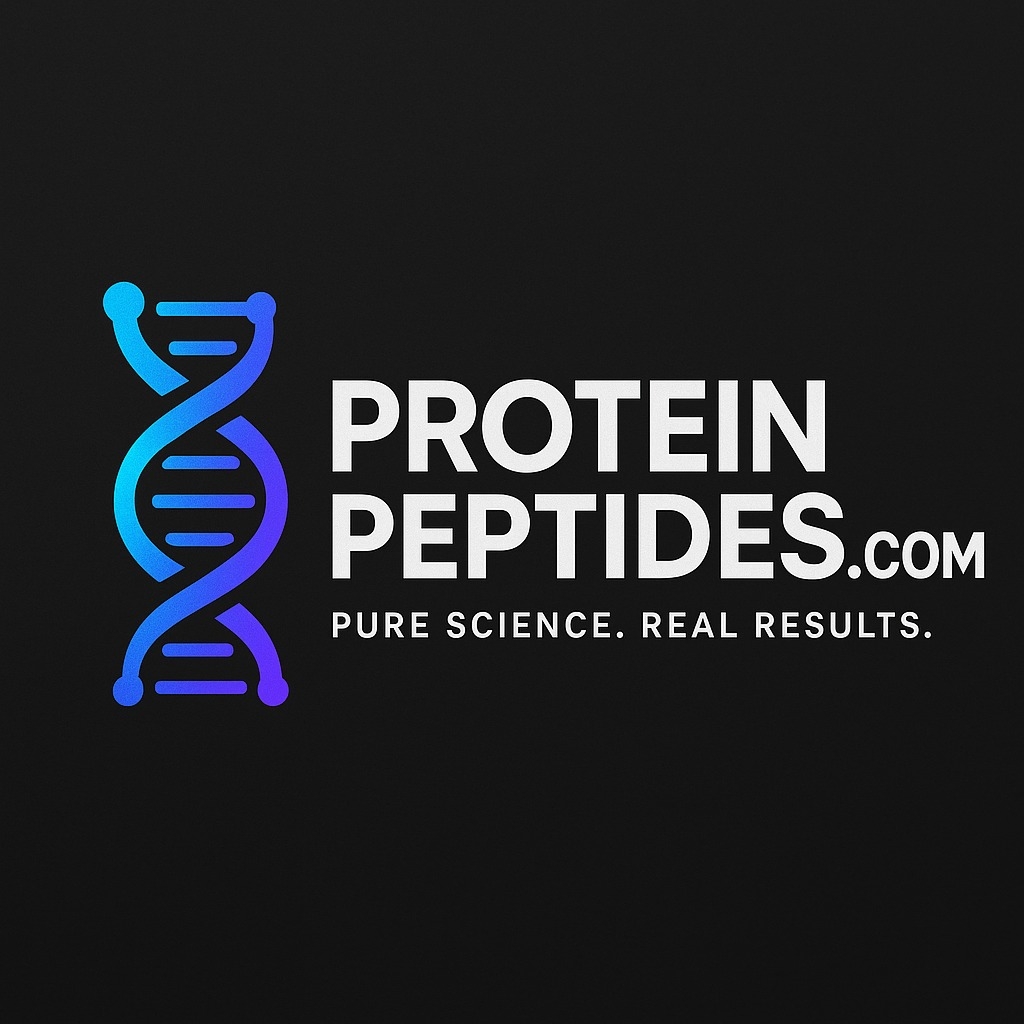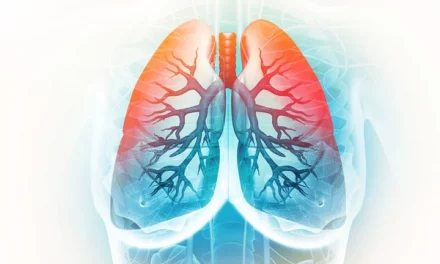Protein peptides are gaining attention in the world of nutrition for their ability to enhance digestion, improve muscle recovery, and promote overall health. Found in various food sources and supplements, these bioactive compounds play a key role in optimizing nutrient absorption and supporting bodily functions. But what exactly are protein peptides, and how can they benefit your diet?
What Are Protein Peptides?
Protein peptides are short chains of amino acids that result from the breakdown of proteins. Unlike whole proteins, peptides are more easily absorbed by the body, making them a highly efficient source of nutrition. Peptides naturally occur in various foods and are often used in dietary supplements for their targeted health benefits.
Types of Protein Peptides in Food
Different types of peptides provide unique benefits depending on their source and function:
- Collagen Peptides → Found in bone broth, fish skin, and gelatin, these peptides support joint health, skin elasticity, and hair growth.
- Casein Peptides → Derived from milk, these peptides promote muscle recovery and sleep quality.
- Whey Peptides → Found in dairy products, these peptides enhance muscle protein synthesis and immune function.
- Soy Peptides → Extracted from soy protein, they support heart health and cholesterol management.
- Rice & Pea Protein Peptides → Plant-based peptides that offer a complete amino acid profile for muscle maintenance.
Health Benefits of Protein Peptides in Nutrition
1. Improved Muscle Growth & Recovery
Peptides enhance protein synthesis, helping with muscle repair after exercise. Whey peptides are particularly beneficial for athletes due to their fast absorption and muscle-building properties.
2. Better Digestion & Nutrient Absorption
Since peptides are already partially broken down, they are easier to digest than whole proteins. This makes them ideal for individuals with digestive sensitivities.
3. Skin & Joint Health
Collagen peptides are widely used to support skin hydration, wrinkle reduction, and joint flexibility. Foods like bone broth and fish skin are rich in these beneficial peptides.
4. Cardiovascular Benefits
Certain peptides, such as soy peptides, have been shown to lower blood pressure and improve cholesterol levels, reducing the risk of heart disease.
5. Weight Management & Satiety
Protein peptides help regulate hunger hormones, keeping you full for longer. This can be beneficial for weight loss and metabolic health.
Best Foods Rich in Protein Peptides
- Bone Broth → Rich in collagen peptides for skin and joint health.
- Dairy Products (Milk, Yogurt, Cheese) → Contain casein and whey peptides for muscle recovery.
- Eggs → A great source of bioactive peptides that support immune function.
- Soy & Tofu → Packed with soy peptides for heart health.
- Legumes & Whole Grains → Provide plant-based peptides that support overall wellness.
Should You Take Peptide Supplements?
While natural food sources provide peptides, supplements like collagen powder, whey peptides, and casein hydrolysates offer concentrated benefits. If you struggle to get enough protein peptides from food, supplementation can be a great addition to your diet.
Final Thoughts
Protein peptides offer powerful health benefits, from muscle recovery and skin health to digestion and heart function. Whether through whole foods or supplements, incorporating peptides into your nutrition can help optimize performance, longevity, and overall well-being.
References:
- Pickart, L., & Margolina, A. (2018). GHK-Cu peptide in tissue remodeling and repair. BioMed Research International, 2018, 1-12. https://doi.org/10.1155/2018/2518503
- Silva, V. R., Marcondes, L. P., & Galdino, G. (2021). Bioactive peptides: Immunomodulatory effects and clinical implications in autoimmune diseases. Frontiers in Immunology, 12, 658540. https://doi.org/10.3389/fimmu.2021.658540
- Erdmann, K., Cheung, B. W. Y., & Schröder, H. (2008). The possible roles of food-derived bioactive peptides in reducing the risk of cardiovascular disease. Journal of Nutritional Biochemistry, 19(10), 643-654. https://doi.org/10.1016/j.jnutbio.2007.11.010
- Gorissen, S. H. M., Crombag, J. J. R., Senden, J. M. G., Waterval, W. H. A., Bierau, J., Verdijk, L. B., & van Loon, L. J. C. (2018). Protein content and amino acid composition of commercially available plant-based protein isolates. Amino Acids, 50(12), 1685-1695. https://doi.org/10.1007/s00726-018-2640-5
- Skovgaard, I. H. (2006). Collagen hydrolysates for skin and joint health. Current Pharmaceutical Design, 12(12), 1209-1225. https://doi.org/10.2174/138161206776843416





